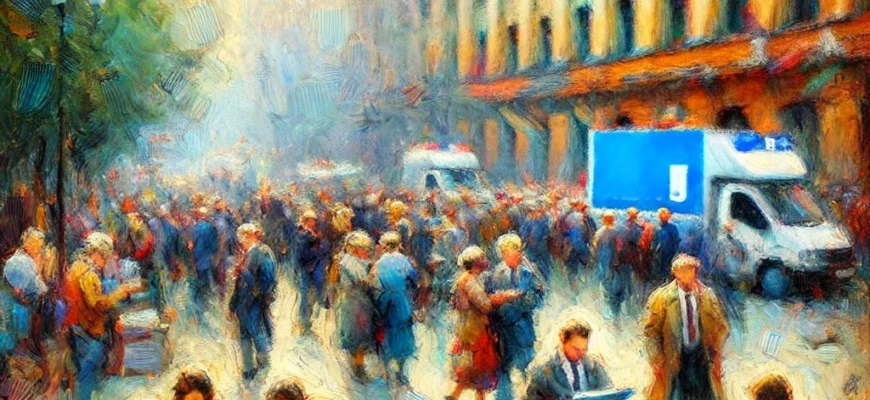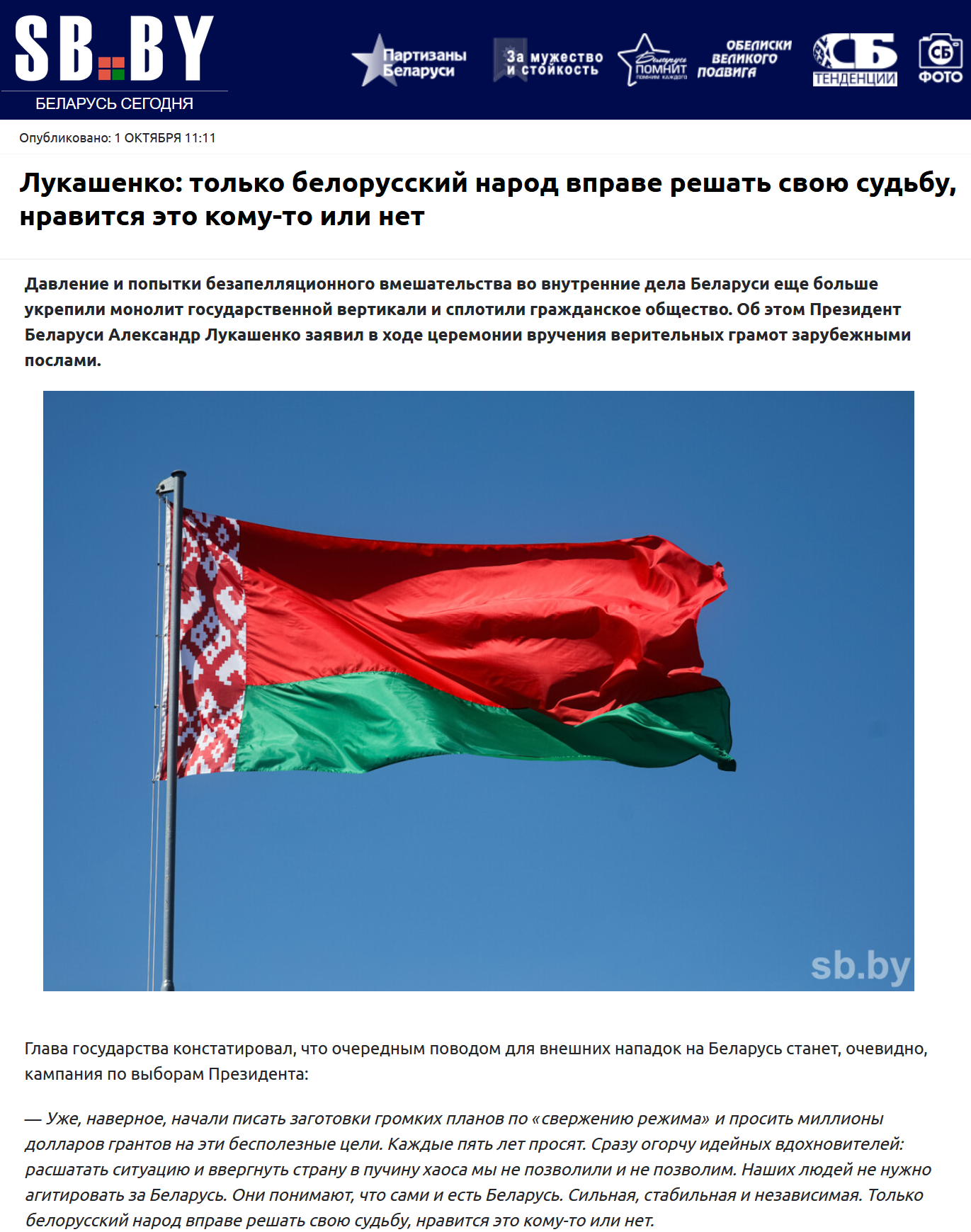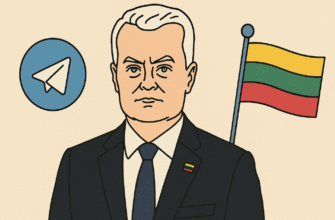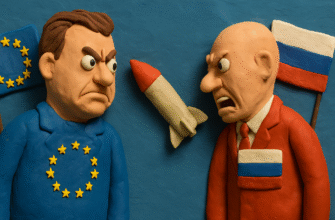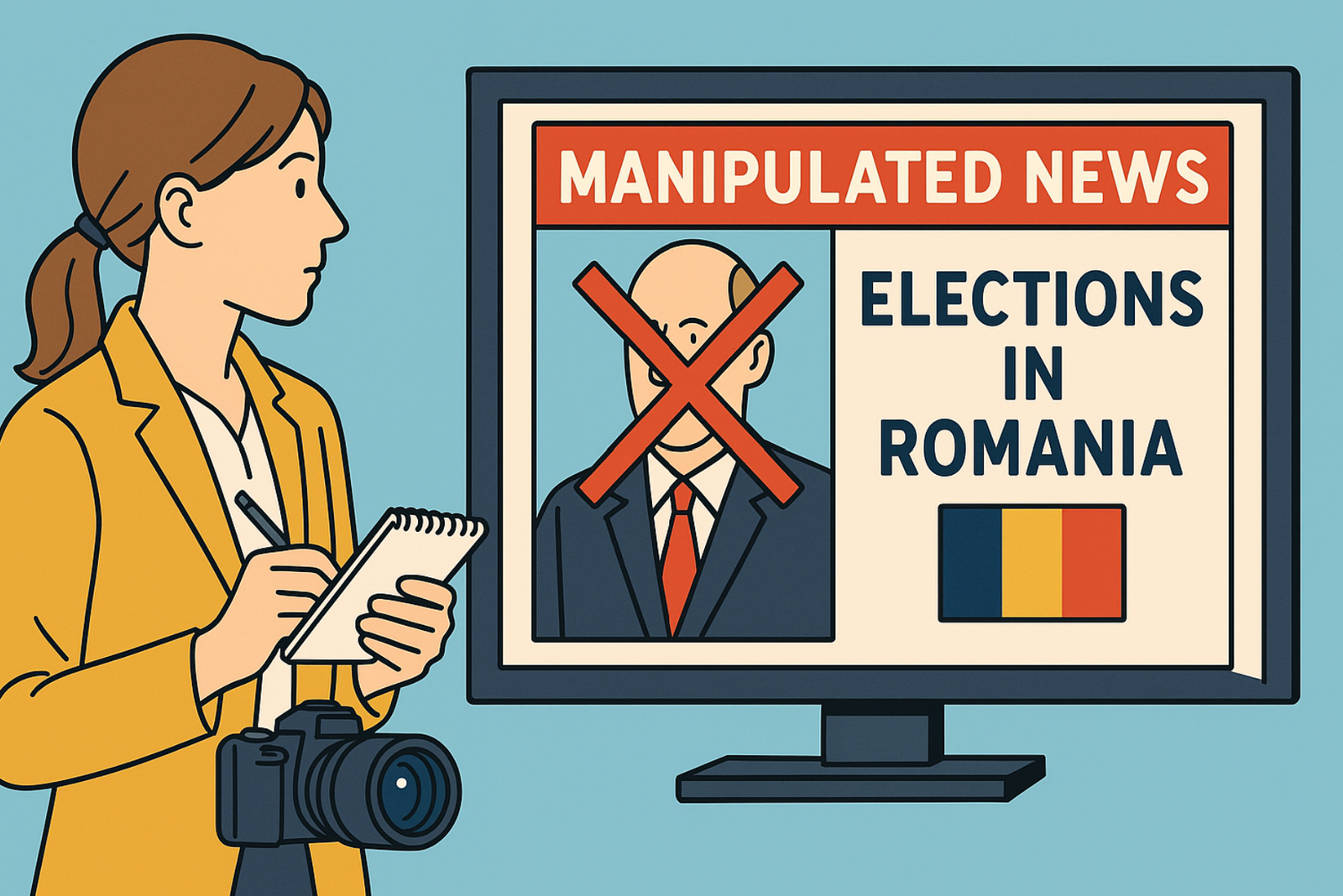In October, the presidential campaign unexpectedly started in Belarus, which will lead to an increase in the theme of “civil society” in updated state narratives.
Distribution of mentions of the “civil society” theme:
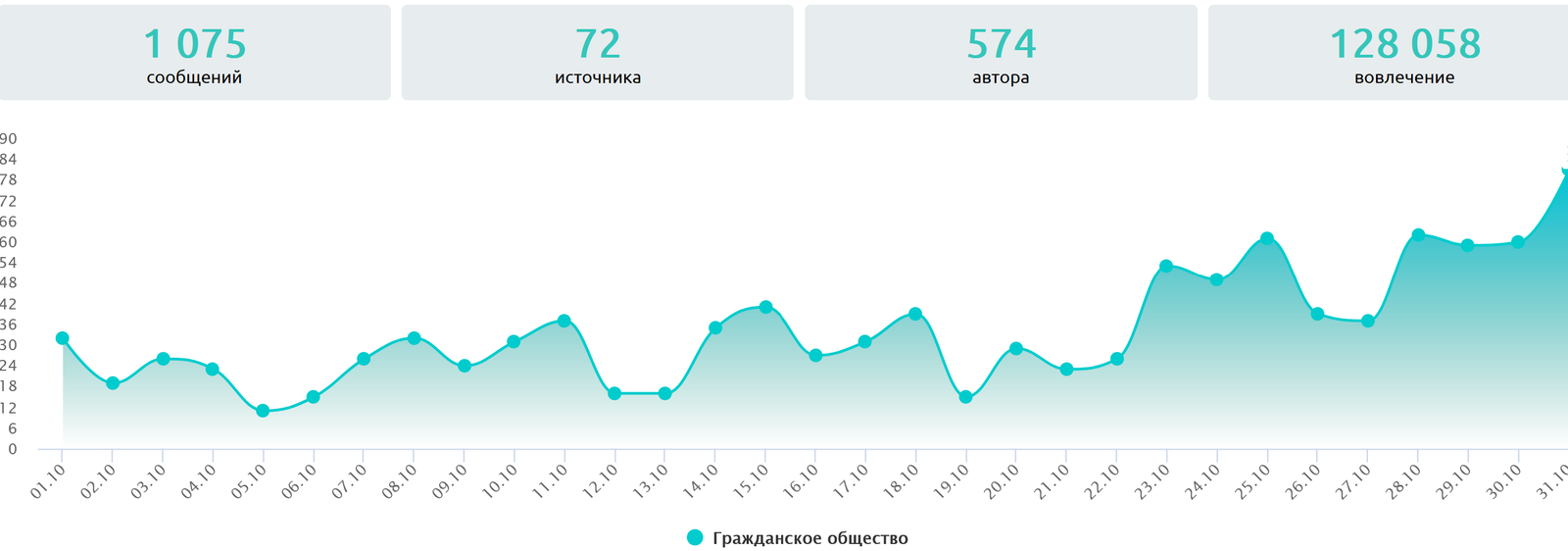
The growth at the end of October was linked to the II Minsk International Conference on Eurasian Security.
Main sources of publications on civil society:
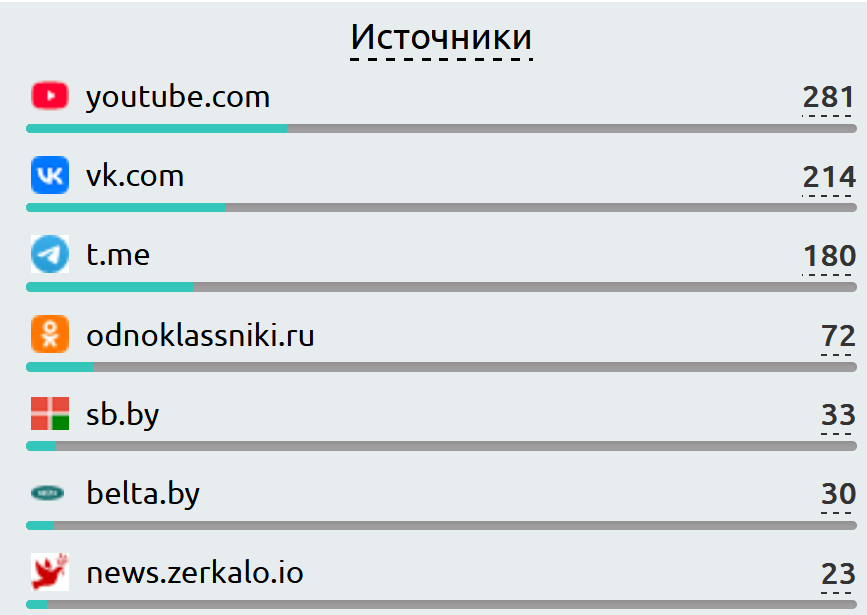
The data was cleaned, and the final dataset for October 2024 consists of 634 records. Based on the obtained data, a “word cloud” was created, using a prepared set of Belarusian-Russian stop words:
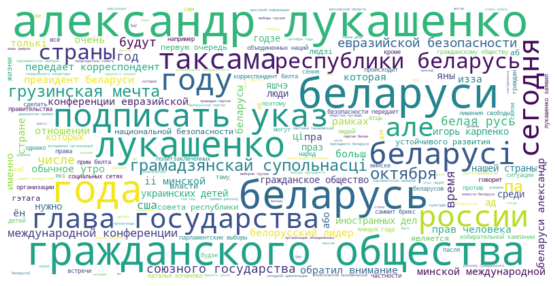
It creates the illusion that the topic of “civil society” in Belarus is handled by just one politician, the head of state, and that a “decree needs to be signed.”
Pro-Government Public Campaigns To imitate the activity of a “civil society” that is tightly regulated and controlled, certain formalized activities are carried out under triumphant slogans. Perhaps due to some strange nostalgia for long-past times, the names of events, their mechanics, and reporting resemble a cosplay of similar activities held during the Soviet Union era.
Examples of initiatives “from somewhere within government structures” for “civil society”:
- National Unity is the Key to Belarus’s Future
- May Your Years Be Golden
- Youth Discussion Platform “Youth Assembly”
- Online Platform “People’s Five-Year Plan”
- Conversation on Important Topics: A Happy Family is a Strong State
- “FAMILY AS A SIGN OF QUALITY”
- Unity Marathon
- “Party School” Courses
- Sports Project “Together, We Are Invincible!”
- Donor Campaign “Belaya Rus” — Native Blood”
Publication Analysis
For the analysis of publications on civil society, the newspaper SB Belarus Today was chosen. Texts on civil society were analyzed using the TF-IDF method. This method calculates the importance of each word in a document relative to its frequency in that document and the entire collection of texts.
Obtained trigrams:

There is a visible set of phrases: presidential elections, pro-government party “Belaya Rus,” bureaucratic clichés such as “ideological work,” “preservation of historical memory,” “youth affairs.”
Further analysis of the texts of the publications was conducted for disinformation narratives using the fine-tuning model 4o-mini-2024-07-18.
Publications:
The presented text contains several disinformation narratives that serve to form certain public opinion and strengthen the authorities:
- Monolith of State Vertical: The claim that pressure and interference strengthen the state vertical can be interpreted as an attempt to present the authoritarian regime as stable and supported by the people. This creates an illusion of unity and consensus, ignoring possible discontent and protest sentiments in society.
- Civil Society Unity: The statement about the unity of civil society in response to external threats can be disinformative, as it implies that citizens rally around the authorities, while in reality, dissent may be suppressed and civil liberties restricted.
- External Attacks: Mentioning “external attacks” creates an image of an enemy, which can be used to justify repression and limit citizens’ rights. It can also foster nationalist sentiments, distracting attention from internal issues.
- Overthrow of the Regime: The phrase about “overthrowing the regime” and “useless goals” implies that any attempt to change the political situation in the country is not only ineffective but harmful. This can serve to discredit the opposition and activists.
- The People Are Belarus: The statement that “our people do not need to be agitated for Belarus” can be interpreted as an attempt to create an image of unity between the people and the regime, ignoring the diversity of opinions and possible dissatisfaction among citizens.
- Strong, Stable, and Independent: These epithets used to describe the country may be disinformative if they do not reflect the actual situation, such as economic difficulties, political repression, or international isolation.
- The Right of the People to Determine Their Destiny: The statement that only the Belarusian people have the right to determine their destiny may be used to legitimize the authoritarian regime, asserting that any external intervention is unacceptable, even if aimed at supporting democracy and human rights.
Overall, the text contains elements of propaganda aimed at strengthening the current power and creating an image of unity and stability under external pressure.
On October 31, at the II Minsk International Conference on Eurasian Security, the following vision of “civil society” and democracy was presented:
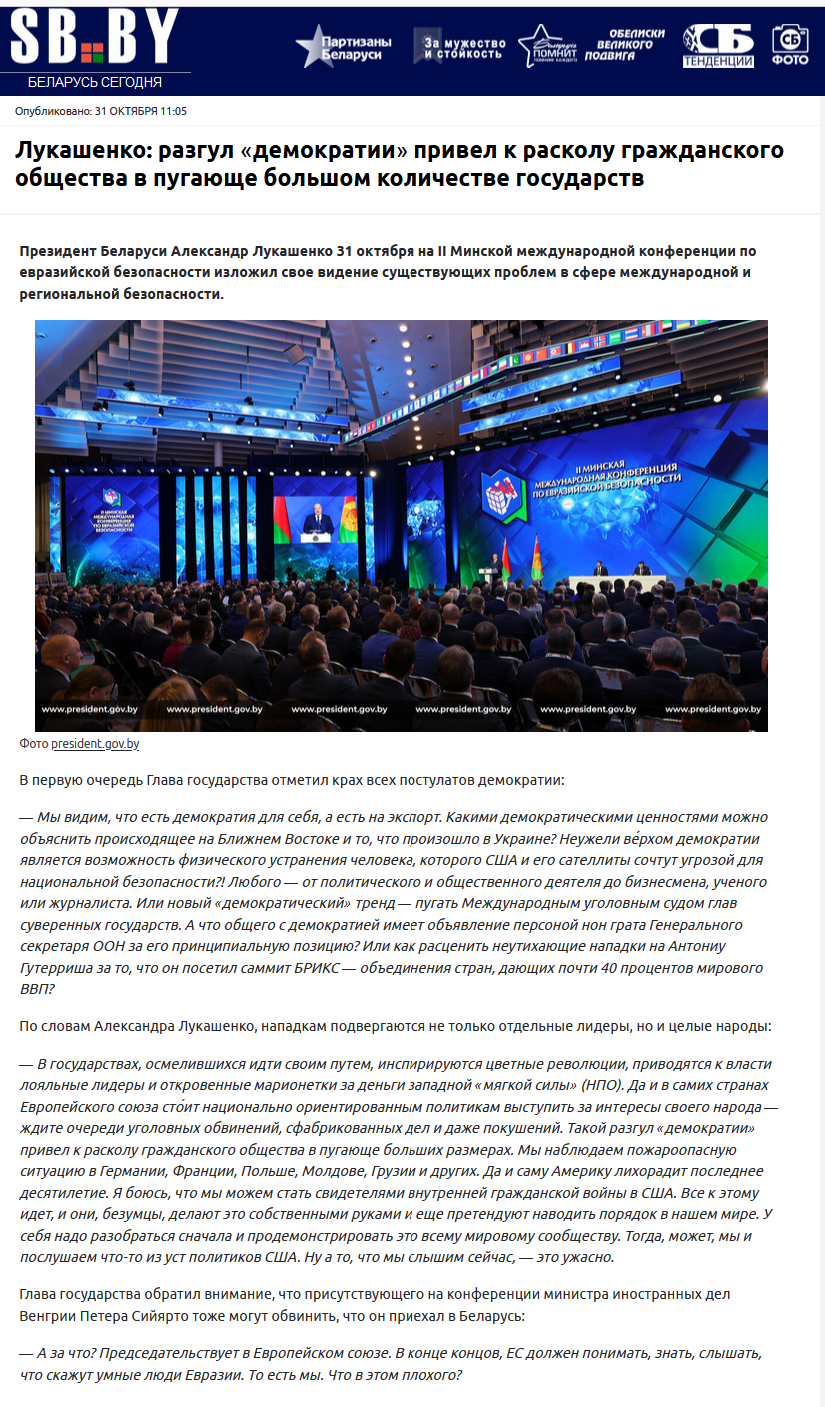
The text contains several disinformation narratives that can be highlighted and analyzed:
- Dichotomy of “democracy for oneself” and “democracy for export”: Lukashenko claims that there are two types of democracy—one that is applied within countries (for oneself), and another that is imposed on other states (for export). This narrative implies that Western countries use democratic values as a tool to interfere in the affairs of other states, which can be interpreted as an attempt to discredit Western models of democracy.
- Criticism of international institutions: The mention of the physical elimination of individuals considered a threat to national security and the pressure on international organizations, such as the International Criminal Court and the UN, creates an image of the international system supposedly being used to persecute undesirable leaders. This can be perceived as an attempt to justify the actions of authoritarian regimes that suppress opposition.
- Insinuations about “color revolutions”: Lukashenko speaks about countries that “dare to go their own way” experiencing color revolutions, implying external interference and manipulation. This creates an image of an external enemy aiming to undermine the sovereignty of nations, which can incite fear and discontent among the population.
- Accusations against the West: The text contains numerous accusations against Western countries and their politicians, including claims about fabricating criminal cases against nationally-oriented politicians. This creates an image of the West as an aggressor interfering in the internal affairs of other countries, which can be used to justify repression within Belarus.
- Prediction of civil war in the USA: The assertion that the US could face an internal civil war is a strong disinformation narrative that could be used to undermine trust in American democracy and create an image of instability in the Western world.
- Call for respecting Eurasia’s voice: Lukashenko emphasizes the importance of the voice of Eurasian countries in international affairs, which can be interpreted as an attempt to create an alternative center of power, opposed to the West.
Toxic Publications
On October 10, a publication was made on the Belvestnik Telegram channel, which received 8 reposts and gathered fewer than 40,000 views:
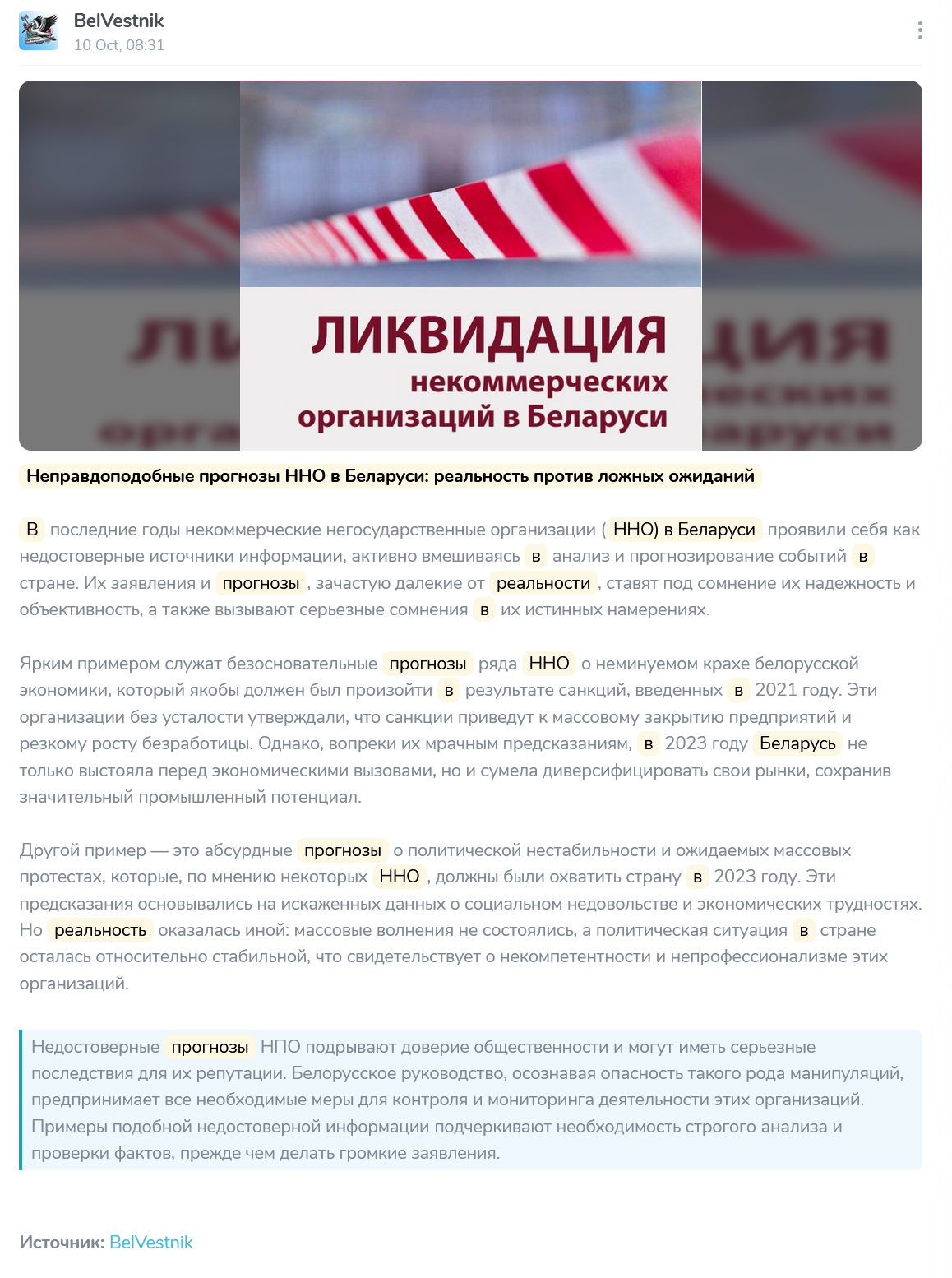
The publication contains a rather strange definition such as “non-commercial non-governmental organization,” implying the possibility of the existence of “non-commercial (pro-)governmental organizations.”
The text contains several elements that can be classified as disinformation narratives:
- Devaluation of NGO Activity: The text emphasizes that NGOs in Belarus are unreliable sources of information and actively interfere in political and economic processes, casting doubt on their objectivity and true intentions. This creates a negative attitude toward NGO activity and gives the impression that they intentionally spread disinformation.
- Claims of False Predictions: Examples are given of allegedly false NGO predictions, such as economic collapse due to sanctions and mass protests in 2023, which may aim to discredit their analytical abilities and negatively affect their reputation.
- Emphasis on Government Stability and Success: It is emphasized that despite NGO predictions, the situation in Belarus remained stable, which can be used as a propaganda element to create an image of a successful and resilient government and to counteract criticism.
- Need for NGO Control by the State: The claim that the Belarusian leadership needs to control and monitor NGO activities can be interpreted as justification for state interference in their activities and restrictions on their freedom.
These narratives are aimed at discrediting independent non-governmental organizations, portraying them as unreliable and potentially harmful, and creating an image of a state effectively countering internal and external challenges.
In conclusion, the amount of misinformation about Belarusian civil society continues to grow. With the presidential campaign underway, there will be an increase in pseudo-events of “civil society.” Unfortunately, further destructive informational actions directed against Belarusian democratic forces can be expected.

